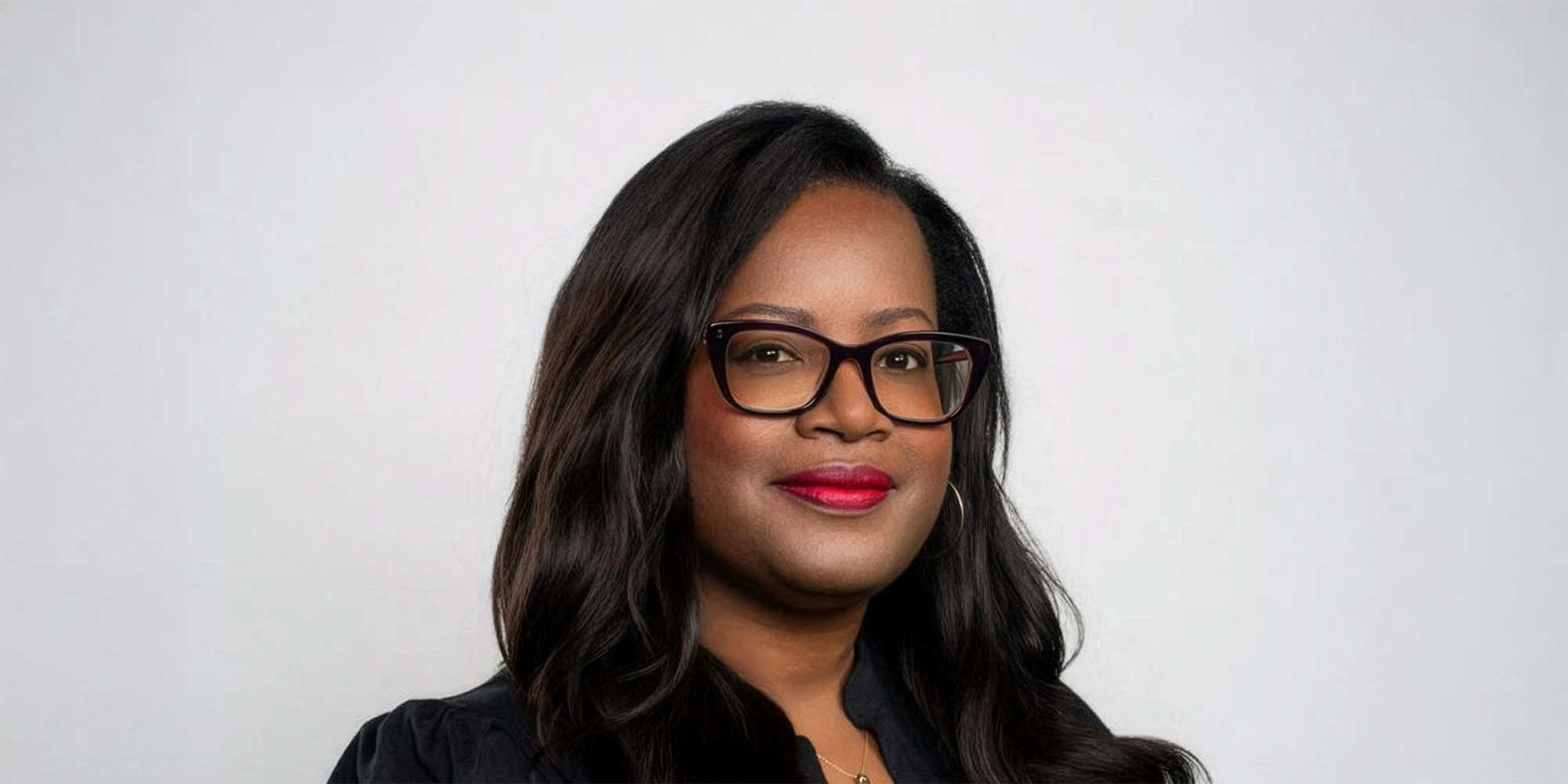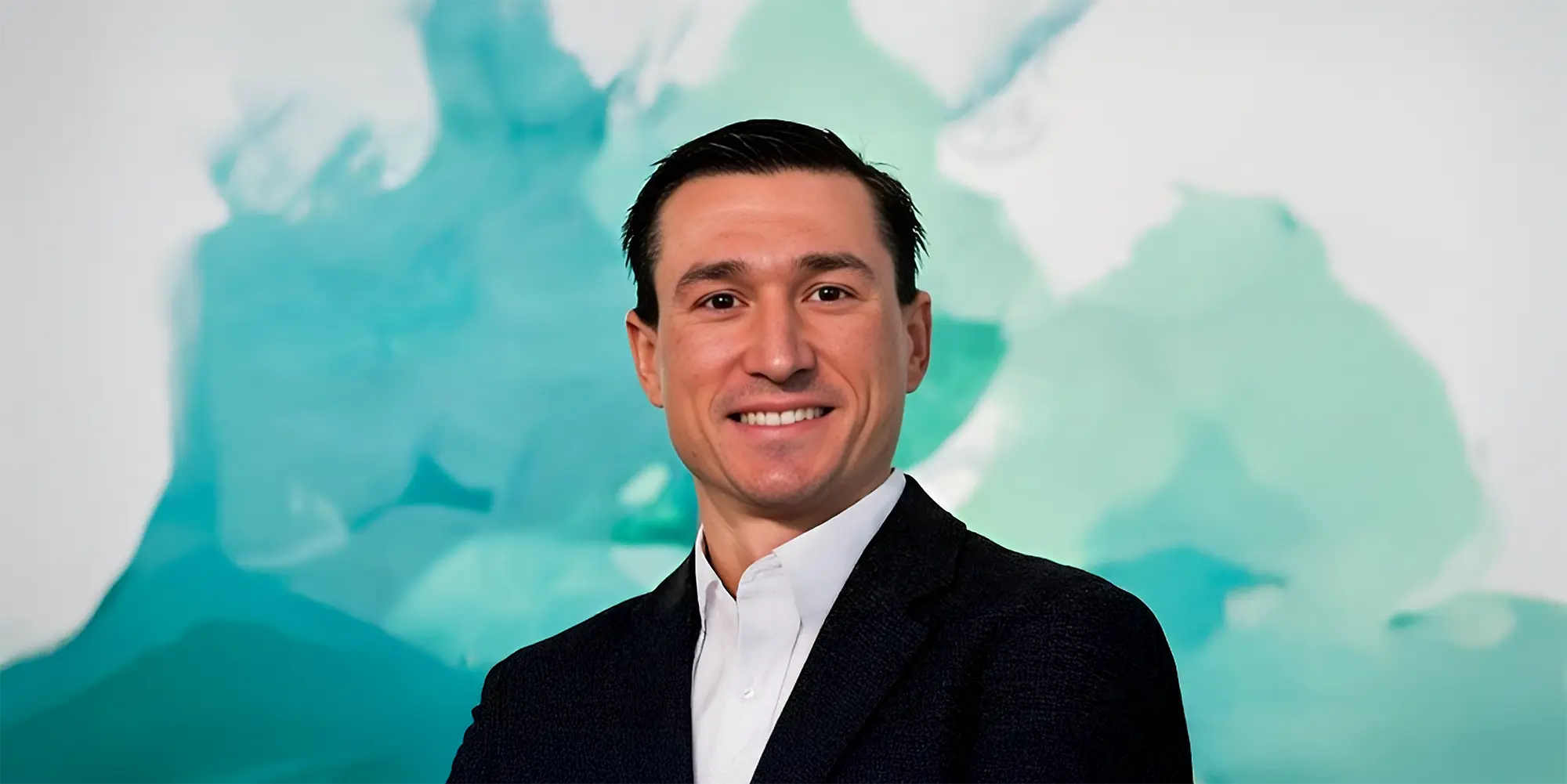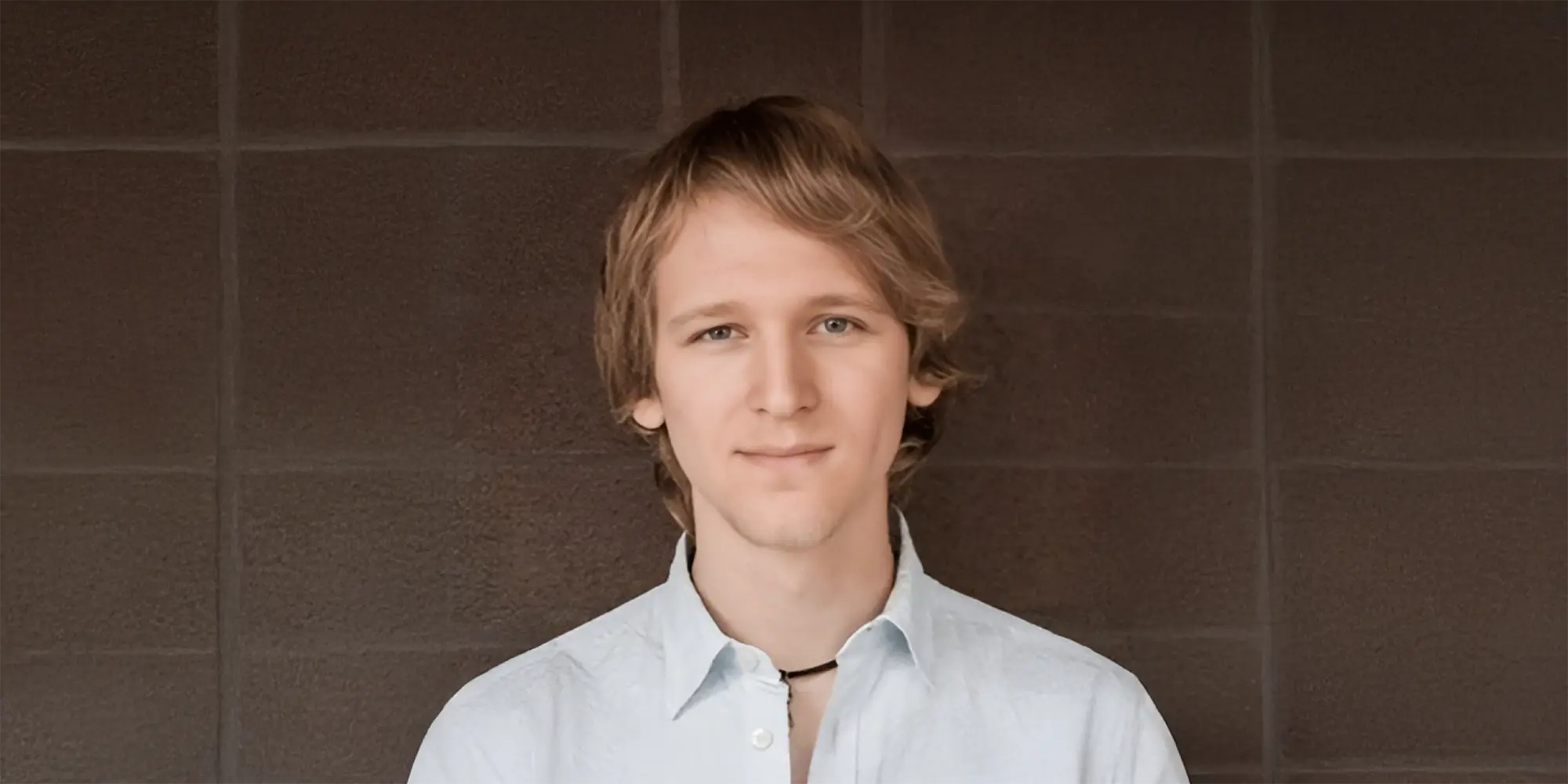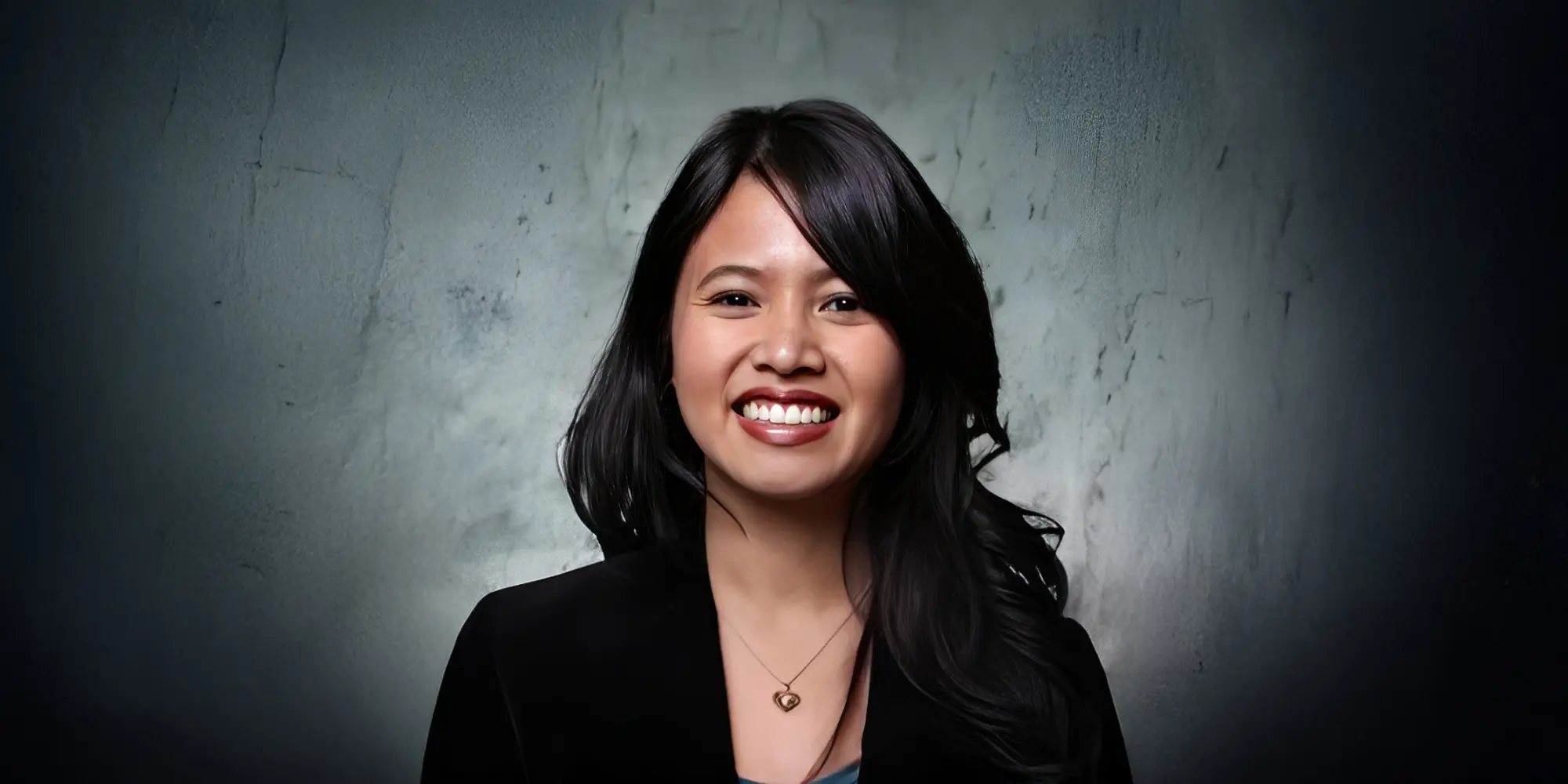Description
In this Best Bits episode of The Curiosity Current, hosts Matt and Stephanie bring together 10 of the boldest hot takes from past conversations with researchers, strategists, and leaders who aren’t afraid to challenge convention. Each guest answers one provocative question:
“What’s the boldest hot take you have about leadership, research, or human connection?”
Rand Fishkin pulls no punches in exposing the myth of the all-knowing CEO and opens up about the tension between money, ego, and staying grounded. Leyla Doany explains why storytelling, not statistics, is what breaks through executive overload, while Ashley Hopkins draws creative parallels between shoes and mattresses to unlock new ways of thinking about user experience.
Jeff Dahms argues that paper surveys are making a comeback as digital channels erode trust, and Roddy Knowles highlights how poor study design can drive participants away before insights are even collected. Raina Rusnak underscores the role of empathy in building loyalty and trust within teams, while Louisea Hudson champions researchers as the true voice of the customer. Subhasish Nanda reframes telecom as a relationship business, not just a commodity, and Dave Ritter cautions that AI is only as valuable as the humans who validate and guide it. Finally, Ben Valenta turns “sports hate” on its head, showing how rivalries actually foster deeper community and connection.
This episode is a curated collection of the sharpest, funniest, and most thought-provoking moments from The Curiosity Current, a practical guide to rethinking leadership, research, and the human connections that shape them.
[00:01:18] Money, Ego & Why CEOs Are Pretending -
Rand Fishkin reflects on what it felt like to suddenly receive a massive payout after the sale of Moz, the company he co-founded with his mom. Despite the financial windfall, Rand feared becoming arrogant or losing his values. He explains how channeling wealth into family support, like paying for relatives’ college or helping his brother, kept him grounded. He also offers a blunt take on leadership: most CEOs don’t actually know what they’re doing. They’re skilled at networking and appearances, not inherently more talented, and that’s why, he argues, it’s unjustifiable for CEOs to make hundreds of times more than their employees.
[00:05:25] Storytelling vs. Statistics -
Leyla Doany insists that in a world drowning in data, especially for overloaded executives, storytelling is what makes insights resonate. She shares her “elevator test”, if a stakeholder can walk out of a meeting and explain the core takeaway in 20 seconds, the story worked. This approach reframes research as a narrative discipline, where numbers support the message but don’t carry it. For leaders and researchers alike, her hot take is that clarity and emotional connection matter more than data volume.
[00:04:17] Shoes, Mattresses & UX Parallels -
Ashley Hopkins draws surprising connections between her work at ASICS and Resident, showing how seemingly unrelated industries face similar user experience challenges. She explains how shoe guides and mattress guides both tackle complex choices with foam, fit, and comfort, and how borrowing from one category can inspire innovation in the other. Ashley’s philosophy: looking sideways at other industries sparks fresh solutions and helps researchers challenge assumptions. Her closing quip, “I still make foot contact before eye contact,” captures the personal lens she brings into UX.
[00:06:40] The Human Cost of Bad Research Design -
Roddy Knowles offers a hard truth about survey experiences: they can push participants away before insights are even collected. He asks listeners to imagine spending 20 minutes qualifying for a study, only to be screened out five minutes in. By the time participants actually make it into a survey, they’re bitter, frustrated, and unlikely to return. Roddy stresses that researchers must treat every interaction as a precious touch point, because human capital is finite. If we keep burning out respondents, we’ll erode the foundation of market research itself.
[00:12:12] Sports Hate as Human Connection -
Ben Valenta unpacks why rivalries, often seen as divisive, actually build stronger communities. He explains that “sports hate” isn’t real hate at all, it’s a form of shared play that deepens fan connection. Talking to rival fans, he argues, is often more engaging than speaking to neutrals, because rivalry adds energy and meaning to the interaction. By reframing hate as a connective force, Ben challenges conventional wisdom and shows how even conflict can strengthen belonging.
Episode Resources
- Rand Fishkin on LinkedIn
- Leyla Doany on LinkedIn
- Ashley Hopkins on LinkedIn
- Jeff Dahms on LinkedIn
- Roddy Knowles on LinkedIn
- Raina Rusnak on LinkedIn
- Louisea Hudson on LinkedIn
- Subhasish Nanda on LinkedIn
- Dave Ritter on LinkedIn
- Ben Valenta on LinkedIn
- Matt Mahan on LinkedIn
- Stephanie Vance on LinkedIn
- The Curiosity Current: A Market Research Podcast on Apple Podcasts
- The Curiosity Current: A Market Research Podcast on Spotify
- The Curiosity Current: A Market Research Podcast on YouTube





















.jpeg)


